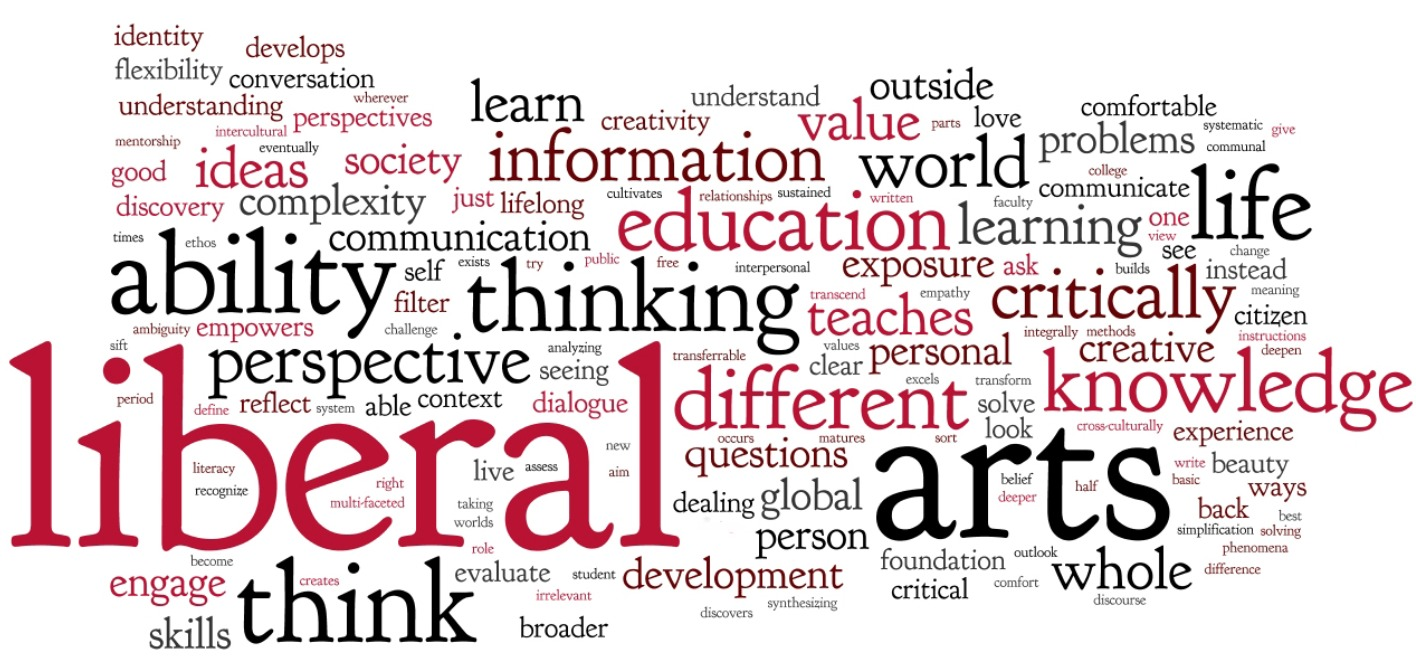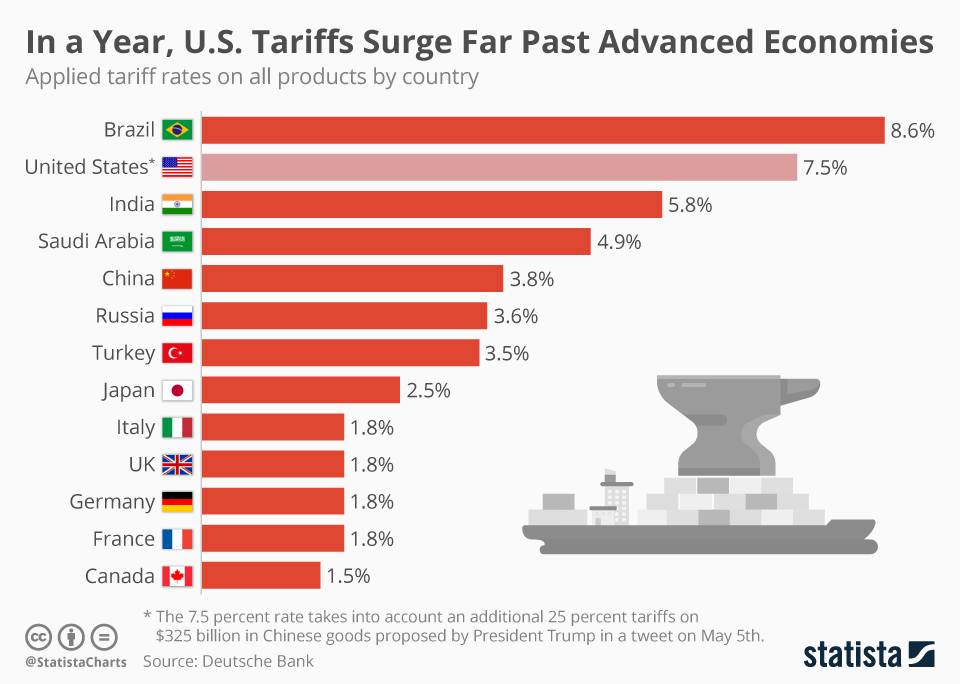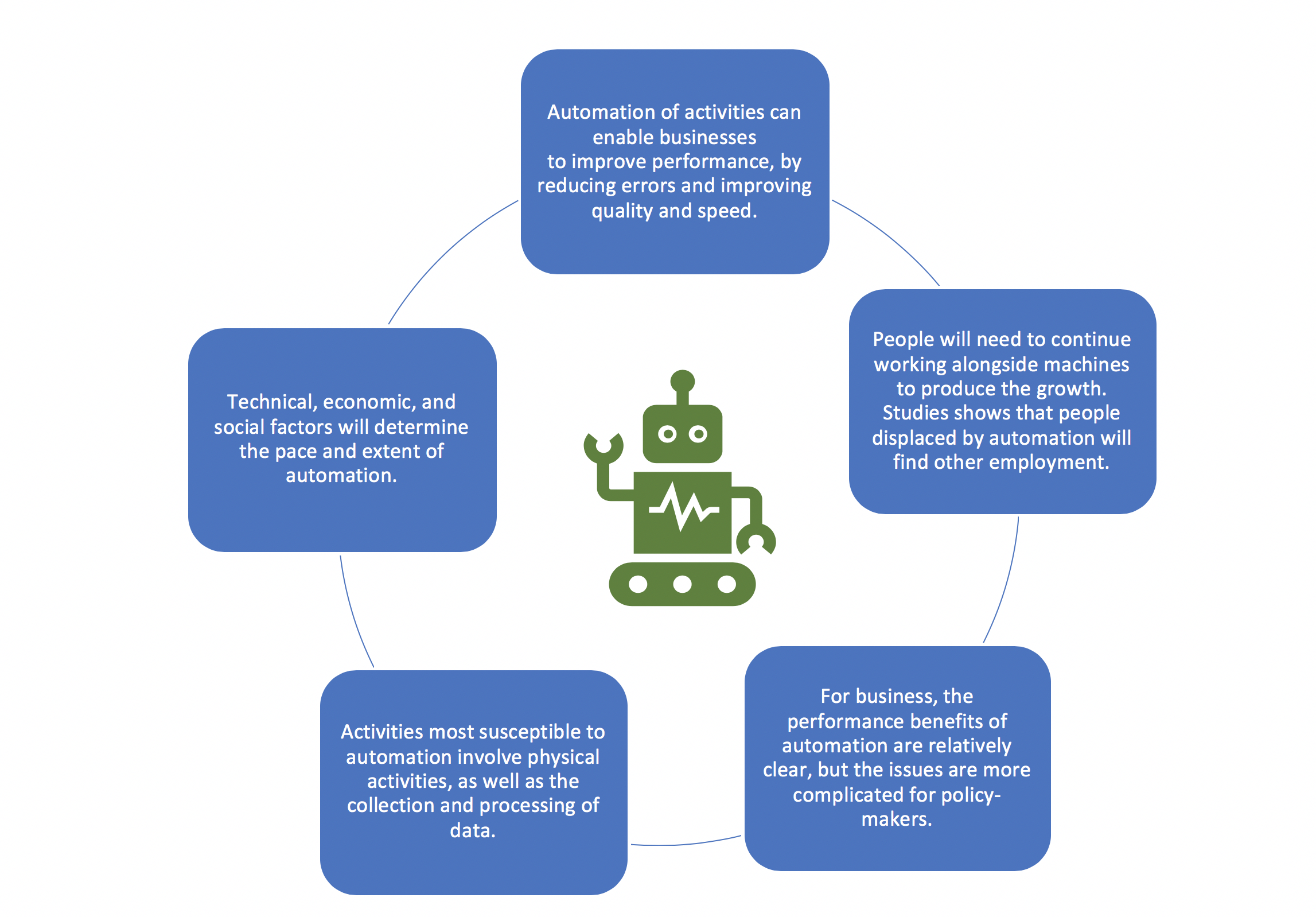Liberal arts education represents a vital cornerstone of higher learning that advocates for intellectual engagement across a broad array of disciplines. Emphasizing critical thinking and analytical reasoning, this educational approach fosters skills essential for navigating the complexities of modern society. Many often ponder the value of liberal arts versus vocational training, questioning the relevance of humanities-focused studies in a job market that increasingly prioritizes technical skills. However, the importance of critical thinking and adaptability cultivated through liberal arts cannot be overstated, especially as the landscape of career paths evolves. With accessibility to higher education being a pressing issue, promoting the myriad benefits of liberal arts education is crucial for inspiring future generations to embrace diverse intellectual pursuits.
A liberal arts curriculum encompasses a wide spectrum of subjects designed to cultivate well-rounded individuals equipped for various life challenges. This style of education contrasts sharply with more focused vocational training by offering students the chance to explore different fields, enhancing their critical thinking and problem-solving capabilities. As society progresses, the need for holistic thinkers who can inspire and innovate becomes increasingly important. The significance of liberal arts extends beyond immediate job prospects, as it lays the groundwork for meaningful engagement in civil society. It is essential to appreciate how such education not only supports personal growth but also enriches community life by producing informed and adaptable citizens.
The Enduring Value of Liberal Arts Education
In today’s rapidly evolving job market, the value of a liberal arts education remains a topic of heated debate. Critics often question why students should invest time and money into a curriculum that appears less directly linked to specific career paths compared to vocational training. However, advocates argue that a liberal arts education cultivates essential skills such as critical thinking, communication, and problem-solving, which are versatile and increasingly sought after by employers. Degrees in humanities and social sciences foster a broader understanding of diverse cultures and ideas, allowing graduates to adapt and thrive in various occupational landscapes.
Furthermore, proponents of liberal arts education emphasize its importance in shaping responsible and informed citizens. The ability to engage in thoughtful debate and understand complex social issues is crucial in a democratic society. W.E.B. Du Bois highlighted the role of education in preparing individuals for civic engagement and democratic participation, showcasing that the benefits of a liberal arts education extend far beyond immediate financial returns. It enables individuals to navigate the complexities of modern life, making them invaluable members of society.
Frequently Asked Questions
What is the value of liberal arts education in today’s job market?
The value of liberal arts education lies in its emphasis on critical thinking and analytical skills, which are increasingly essential in today’s rapidly changing job market. A well-rounded liberal arts education equips students with the ability to adapt, innovate, and communicate effectively across various disciplines, making them versatile candidates for numerous career paths.
How does liberal arts education compare to vocational training?
While vocational training prepares students for specific jobs with focused skill sets, liberal arts education offers a broader perspective and critical thinking abilities. This general knowledge helps graduates navigate complex challenges in diverse fields, highlighting the importance of intellectual flexibility in an ever-evolving workforce.
What are the career paths available for liberal arts graduates?
Liberal arts graduates find career paths in various sectors, including education, healthcare, government, non-profits, media, and business. Their critical thinking and communication skills are highly valued, enabling them to excel in roles such as policy analysis, marketing, human resources, and creative professions.
Why is critical thinking emphasized in liberal arts education?
Critical thinking is a cornerstone of liberal arts education as it prepares students to analyze information, evaluate arguments, and make informed decisions. This ability is essential not only in academic settings but also in the workplace, where problem-solving and innovative thinking are crucial for success.
Is liberal arts education accessible to all students?
Accessibility of liberal arts education varies, with some students facing economic barriers to pursuing many programs. Efforts are being made to enhance access through financial aid, community outreach, and flexible learning options to encourage more diverse individuals to explore liberal arts.
How does liberal arts education foster lifelong learning?
Liberal arts education encourages curiosity and the pursuit of knowledge, fostering lifelong learning in students. The emphasis on interdisciplinary studies and critical thinking empowers graduates to continually adapt and grow in their careers and personal lives.
| Key Points | Description |
|---|---|
| Importance of Liberal Arts Education | Liberal arts education prepares students to think critically, fostering democratic participation and adaptability in a changing workforce. |
| Challenges Faced | Economic concerns and perceptions of liberal arts as a luxury hinder access and interest among potential students. |
| Value in Job Market | While perceived as less practical, liberal arts graduates can later catch up financially to their peers in vocational fields. |
| Future of Liberal Arts | An emphasis on collaboration and critical thinking skills is necessary to make liberal arts education more relevant in contemporary society. |
Summary
Liberal arts education plays a vital role in preparing individuals for today’s complex job market and democratic engagement. By fostering critical thinking, adaptability, and collaboration, it equips students with essential tools to navigate an ever-changing world. However, addressing the misconceptions surrounding its value, especially among prospective first-generation students, remains a challenge. As higher education evolves, the liberal arts must find innovative ways to remain relevant, emphasizing their integral role in cultivating informed citizens and nurturing a dynamic workforce. Ultimately, a liberal arts education is not just a pathway to employment but an essential foundation for a thriving society.



